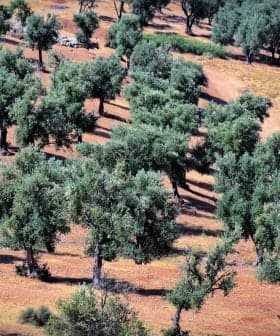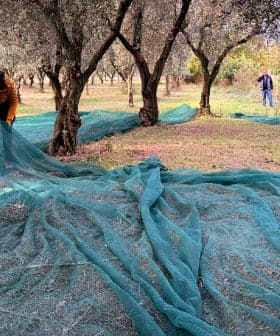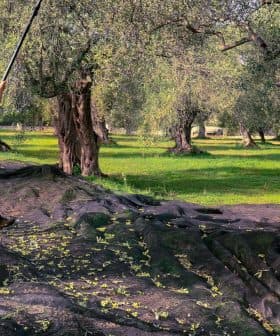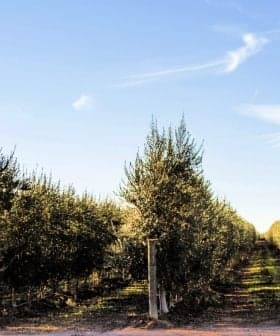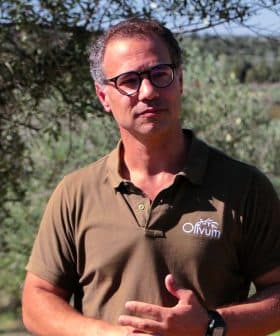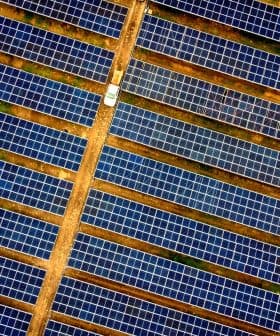Researchers Develop Compostable Plastic Packaging From Olive Waste
Spanish researchers have produced a biodegradable and compostable plastic from olive-pit waste to be used in packaging products.
A Spanish joint venture has created a sustainable packaging material called Olipast from olive waste, with the aim of producing eco-friendly packaging for olive oil-related products. The project, called Go-Oliva, is a collaboration between Aimplas Technological Institute of Plastics and Olivarera de los Pedroches, and aims to transform olive-pit debris into a new, compostable material for packaging.
A Spanish joint venture has developed a new sustainable packaging material made from olive waste. Called Olipast, this biodegradable and compostable plastic compound can be used to make products such as trays, plates and caps for containers designed for the packaging of olive oil.
The aim of this project is to create a new high added-value application from olive-pit waste by means of the development of new materials to produce sustainable packaging for olive-oil related products.
The two-year Go-Oliva project was launched in November 2019 with the aim of creating an eco-friendly and compostable material to be used for oil packaging. The project is a joint venture of Spanish plastics technology company Aimplas Technological Institute of Plastics and the olive oil cooperative Olivarera de los Pedroches (OLIPE).
Spain is the leading olive oil producer and produces a significant amount of olive-pit debris — a waste product of the olive pressing process. The project’s researchers investigated how to recycle the waste and transform it into a sustainable new material.
See Also:Recycling in Olive Oil Production“The aim of this project is to create a new high added-value application from olive-pit waste by means of the development of new materials to produce sustainable packaging for olive-oil related products,” Belén Redondo, a researcher at AIMPLAS, told Olive Oil Times.
“This waste was treated by energetic valorization, or incineration, until now. On the one hand, raw materials are biodegradable polymeric matrices for the new compound,” Redondo said. “On the other hand, the olive pit has to be treated to be incorporated in polymeric matrices. The olive pit is ground to obtain a micrometric particle size.”
As a plastic compound material, Oliplast can be processed by the same extrusion and injection molding methods for the production of plastics, and transformed into sustainable packaging for olive oil-related products. These include caps that can be used for packaging containers meant for olive oil-based cosmetics or small dishes that can be placed under a bottle of olive oil to avoid spillage.
The next stage of the GO-OLIVA project, which runs through the end of 2021, is to conduct a behavioral study.
“The new material and the final products will be characterized to analyze if they fulfill all the requirements needed for the final applications,” said Redondo.
This will be followed by an environmental study to examine the new material’s compostability.
“Oliplast could be available within one year from the end of the project,” she added.
The GO-OLIVA project is co-funded by the Spanish government and the European Agricultural Fund for Rural Development (EAFRD) under the European Innovation Partnership (EIP-AGRI).
Previous research studies have examined how leftover waste from olive oil production, and in particular ground olive pits, could be recycled and transformed into clay bricks and cement paste to be used as building materials, for the making of decorative furniture, and even for the production of noise barriers.
A Turkish company also produces plastic micro-beads from olive pits for the cosmetics industry.


